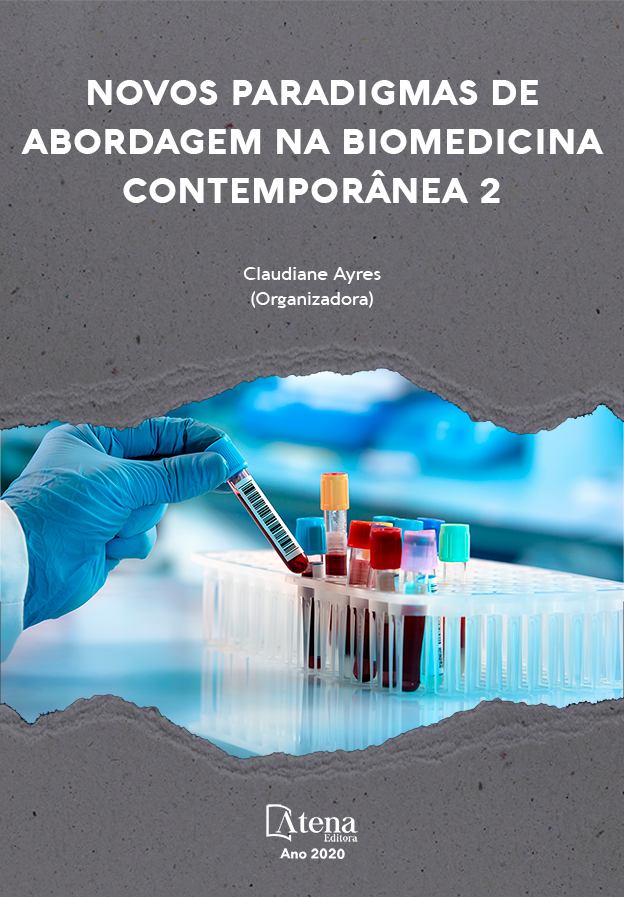
ASSOCIAÇÃO DA HELICOBACTER PYLORI COM O ANTÍGENO LEWIS: UMA REVISÃO DE LITERATURA
A partir da década de 90, diversas pesquisas vêm apresentando a provável relação entre antígenos do sistema ABO-Lewis com a susceptibilidade de infecções, pois acabam servindo como receptores ou co-receptores para esses microrganismos. Este estudo de revisão literária teve por objetivo demonstrar a correlação entre a patogênese da infecção por Helicobacter pylori e o sistema sanguíneo Lewis, a fim de difundir o conhecimento da importância dos fenótipos sanguíneos aos profissionais da saúde. O levantamento de dados foi realizado através das bases referenciais PubMed e SciELO em um intervalo de 10 anos (2009 - 2019) com os termos "Blood type", "Lewis system", "ABO system'', "H.pylori", “Helicobacter pylori”. O Helicobacter pylori se liga ao antígeno Lewis b(Le b), rico em fucose e expresso na superfície das células epiteliais gástricas. Além disso, Le b tem alta afinidade pelas adesinas BabA, um dos fatores de virulência deste gênero de bactérias que infectam o ser humano e promovem inflamação crônica e/ou outras doenças gástricas. Uma vez que a infecção por este microrganismo se caracteriza pela cronicidade, o conhecimento de sua patogênese e da correlação com todos os tipos de fatores de risco é um importante mecanismo de prevenção.
ASSOCIAÇÃO DA HELICOBACTER PYLORI COM O ANTÍGENO LEWIS: UMA REVISÃO DE LITERATURA
-
DOI: 10.22533/at.ed.3652028102
-
Palavras-chave: Grupo Sanguíneo, Helicobacter pylori, Antígeno Lewis
-
Keywords: Blood group antigens, Helicobacter pylori, Lewis antigens
-
Abstract:
Since the 1990s, several studies have shown the probable relationship between ABO-Lewis antigens and the susceptibility of infections as they end up serving as receptors or co-receptors for these microorganisms. This literary review aims to demonstrate the correlation between the pathogenesis of Helicobacter pylori infection and the Lewis blood system in order to disseminate knowledge of the importance of blood phenotypes to health professionals. The data collection was carried out through the Pubmed and Scielo reference databases in an interval of 10 years (2009 - 2019) with the terms "Blood type", "Lewis system", "ABO system”, "H.pylori", "Helicobacter pylori". The Helicobacter pylori bind to fucose-rich in the gastric epithelial cells’ surface-expressed Lewis b(Le b) antigen. Moreover, Le B has high affinity for BabA adhesin, one of the virulence factors of this bacteria´s gender that infect human being and cause chronic inflammation and gastric diseases. Once the infection by Helicobacter pylori is characterized by chronicity, the knowledge about its pathogenesis and its relation with all risk factors can be an important preventive mechanism.
-
Número de páginas: 11
- Isabella Poletti Bier
- Thiago Silva Messias
- Kaique Cesar de Paula Silva
- Ítalo Almeida Prestes


